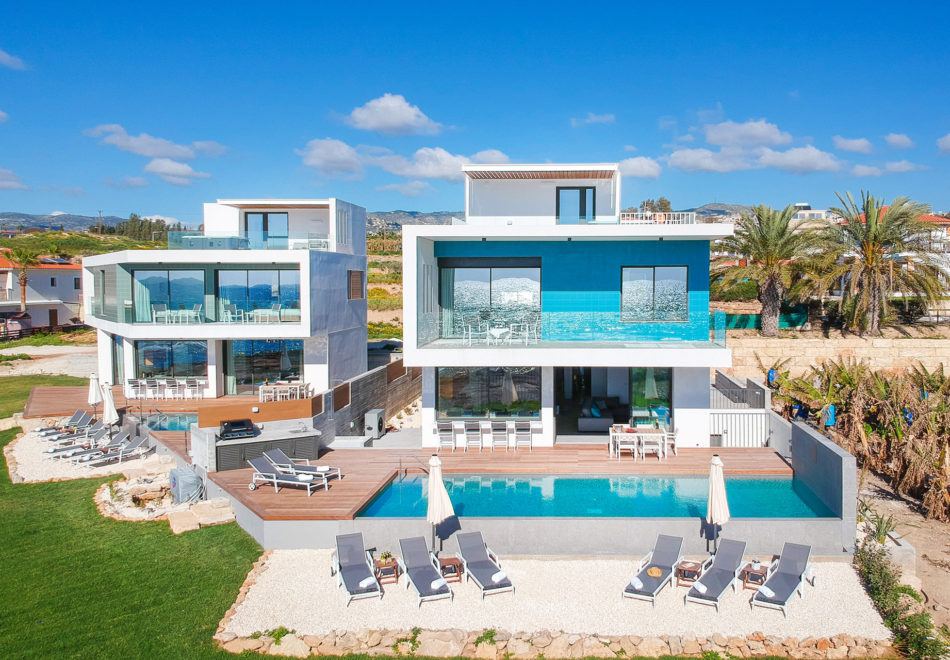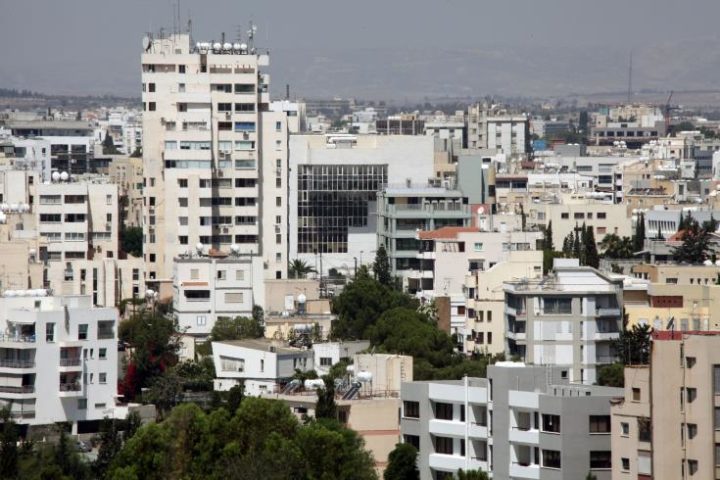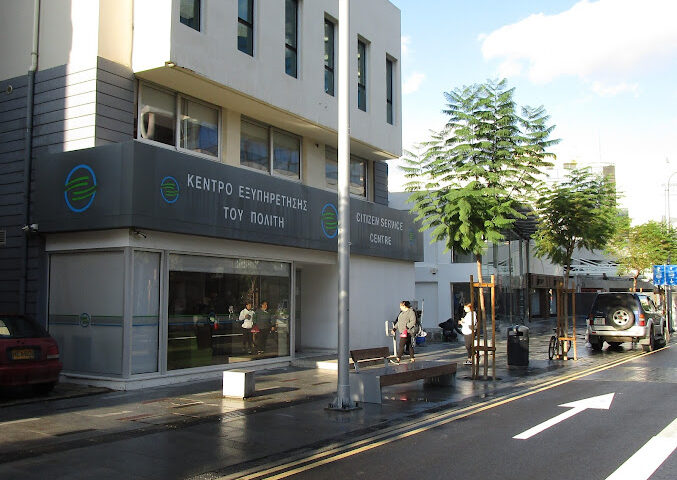We are often faced with the question of whether adding quality to a project or property will make it more valuable.
This is not an easy question since it depends, amongst other things, on what ‘quality’ is and whether the cost, usually related to the higher quality, is affordable by the market.
The primary question in terms of quality is the location.
The better the location, the availability of public services, the views, proximity to urban facilities, the better the quality.
Given a scale of 1-10 points, we will say that location will secure 4 points.
The second is design.
I see in horror some spacious villas designed primarily for the Russian market, but save that particular market source, they do not appeal to many others, with the alternative being wealthy buyers from the Middle East.
In this context and notwithstanding an otherwise alternative design, which refers mainly to the external appearance, one must consider the facilities provided – e.g., separate baths for all bedrooms, storage space, covered garage.
In this context, we will give 2 points.
The third parameter is the cost of the materials. It is the norm that superior quality materials cost more.
Double and triple glazing, imported readymade fitted kitchens, good quality marble and ceramic tiling, the use of VRV air conditioning as opposed to ordinary split units, the overflow pools, as opposed to the less expensive skimmer type, shutters, smart electricity installation, are costly items, which are taken into account by the market.
In this context, we will give this heading 2 points (in terms of luxury materials).
The garden size is another item to be remembered.
Most gardens are not competitive in size, and as a rule, I suggest an average garden size for permanent homes 2-3 times the house size and in terms of holiday homes, 1½-2 times. In terms of value, 1 point.
The neighbourhood plays its role, and this is especially important.
If a house of excellent quality is set in a downgraded neighbourhood, it should be discounted on this account alone.
If, for example, we are to assess an apartment within a block where several tenants live who do not care for the building, the value goes down since there is little demand by locals, save from other people of a similar attitude.
The neighbours also play a role in terms of quality.
Noisy neighbours, buy to let neighbours, as opposed to own home users, even the neighbours’ age play their role.
In terms of the quality of the neighbourhood, I add 1 point.
Management of projects in comprehensive developments is also a point to be considered.
Good management and maintenance of the shared areas is of paramount importance.
What if the house is full of granite and marble and golden door handles when the project as a whole is run-down, the private roads are unkempt, and the common facilities are out of use?
In such cases, you do not stand a good chance of selling the property at a reasonable price: 1 point.
The facilities provided in a project should claim a point after the initial “honeymoon” period.
The numerous facilities become a nightmare if the residents do not pay their common expenses.
I note some new projects which have a project spa and extensive facilities, such as an internal pool, which are economically non-viable in terms of business value, but as an initial stage, they are appealing.
These sorts of facilities sell, but if problems follow, then these facilities will become a liability.
As an initial attraction, however, I adopt 1 – 2 points.
Developer brand
The developer’s “name” plays a role in small countries such as Cyprus.
A good name which ensures reliability and confidence has its merits in terms of attraction, especially when the project has no title deeds or is still under construction: 1 – 2 points [or more depending on the problem of deeds].
Maintenance cost should play a role, but it does not get its fair share.
Materials which are used and are free or require little maintenance should be credited with a point.
Usually, maintenance-free materials are more costly.
So, the use of ‘spritz’ on the outside walls instead of paint, fair-faced concrete as opposed to stone cladding, are not taken seriously by the market: 1 point.
So as not to think that I am exaggerating, two Nicosia developers (out of the hundreds) not only sell at 25% higher prices than the competition, but also they have run out of properties to sell.
These two developers are active in the local market, which is far more difficult than the foreign market.
These two developers, who reflect most of the points referred to above, sell at €3,200/sqm. (apartments), whereas the competitors sell at €2,500/sqm.
This ±25% increase results from most of the points we have referred to above and is an example to note and learn from.
The points given differ from town to town, country to country, and person to person.
Large cities such as London, Paris, and Athens have the location (address and even the particular street name) as the main point of sale, whereas others place less importance.
In central London, for example, the name of the particular road is “the market,” whereas, in Athens, the neighbourhood is “the most” important and much less the road name/ location.
Similarly, in Athens, the neighbour is crucial, e.g., a celebrity, whereas, in the UK, this is not so important.
Quality has many interpretations, and it depends on the individual to place their own score.
By Antonis Loizou – Antonis Loizou & Associates Ltd – Property Valuers & Property Consultants










